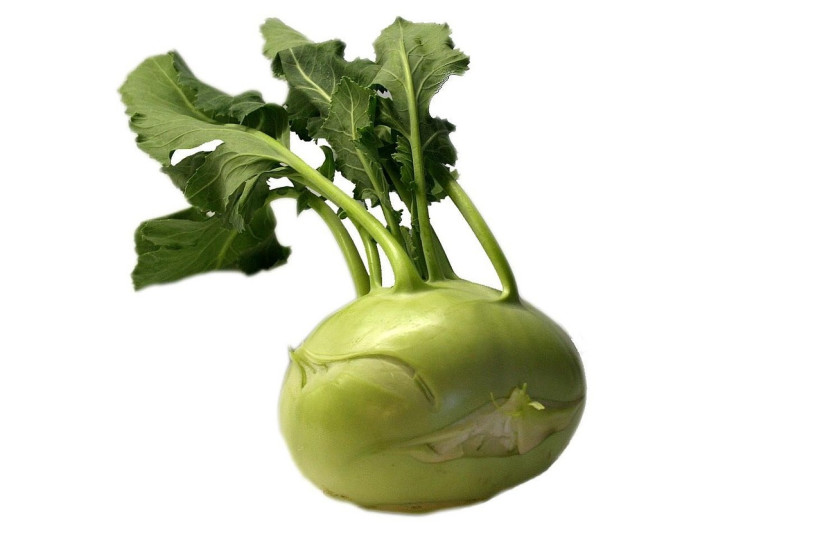You probably don't have it in your fridge – in fact, you've probably never had one in your fridge – but kohlrabi is undoubtedly one of the healthiest, most delicious and most versatile vegetables around.
And Kohlrabi isn't just healthy, but it belongs to the cruciferous family of vegetables, alongside cauliflower, cabbage and broccoli are some of the healthiest vegetables in existence.
Here are some reasons for you to start including kohlrabi in your diet.
Full of vitamins and minerals
Kohlrabi is low in calories but it contains a huge amount of vitamins and minerals, including vitamin C (half a kohlrabi can have 50% of the recommended daily intake), vitamin B6, calcium and potassium.
In addition, kohlrabi contains a high amount of dietary fiber (around four grams of fiber per unit), which can contribute to feelings of satiety, among other things.

Good for dieting
Kohlrabi has just 36 calories per cup, is rich in dietary fiber and is similar in texture to a potato after baking it. This makes it a tasty and satisfying food for everyone interested in losing weight.
The high fiber content can help with digestion, prevent constipation and prevent abdominal pain and feeling bloated.
Helps prevent chronic illnesses
According to cancer research experts, eating kohlrabi can help stop the growth of cancer cells in the breast, lungs, liver and other organs. This can help reduce the risk of developing cancer.
Kohlrabi can be eaten fresh and cooked. Its green leaves contain carotenoids, which function as antioxidants and can help prevent diseases.
Can lower the risk of heart disease
Kohlrabi contains plant compounds called glucosinolates and isothiocyanates, found mainly in cruciferous vegetables.
High glucosinolate intake is linked with lower risks of heart disease because it can help dilate blood vessels and reduce inflammation. Isothiocyanates have antioxidant properties, which can prevent plaque accumulating in arteries.
According to a long-term study of 1,226 women aged 70 and older, eating a diet rich in cruciferous vegetables was linked with a 13% lower risk of heart disease for every 10 grams of increased fiber intake every day.
Recommended for pregnant women
Kohlrabi, especially its leaves, are also rich in folic acid.
This is a very important nutrient for pregnant women because it can help prevent birth defects.
